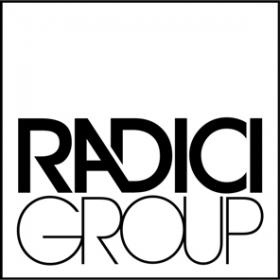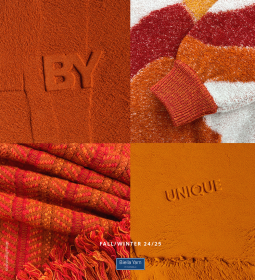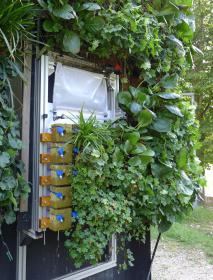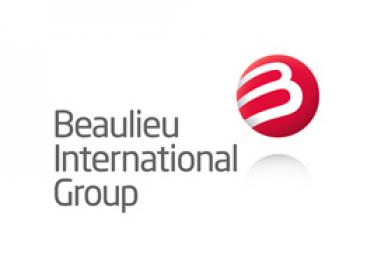RadiciGroup: New yarn, that optimises fabric comfort and freshness
Radilon® Chill-fit is the new solution to maximise the breathability and freshness that a fabric can offer. The highly functional nylon yarn is capable of ensuring an intrinsic and permanent thermoregulation without the need for additional treatments while offering high protection against UV rays. Visitors will be able to touch and feel the yarn for the first time at the autumn edition of Performance Days, the reference trade fair for trends and innovations in yarn, fabric and accessories, to be held in Munich (Germany) on 4 and 5 October.
Radilon® Chill-fit’s high breathability allows air and moisture to pass through quickly, keeping the wearer fresh and comfortable: a result also proven by a specific test on body temperature changes (thermocamera test) comparing a garment made with traditional yarn and one made with Chill-fit.
RadiciGroup





























